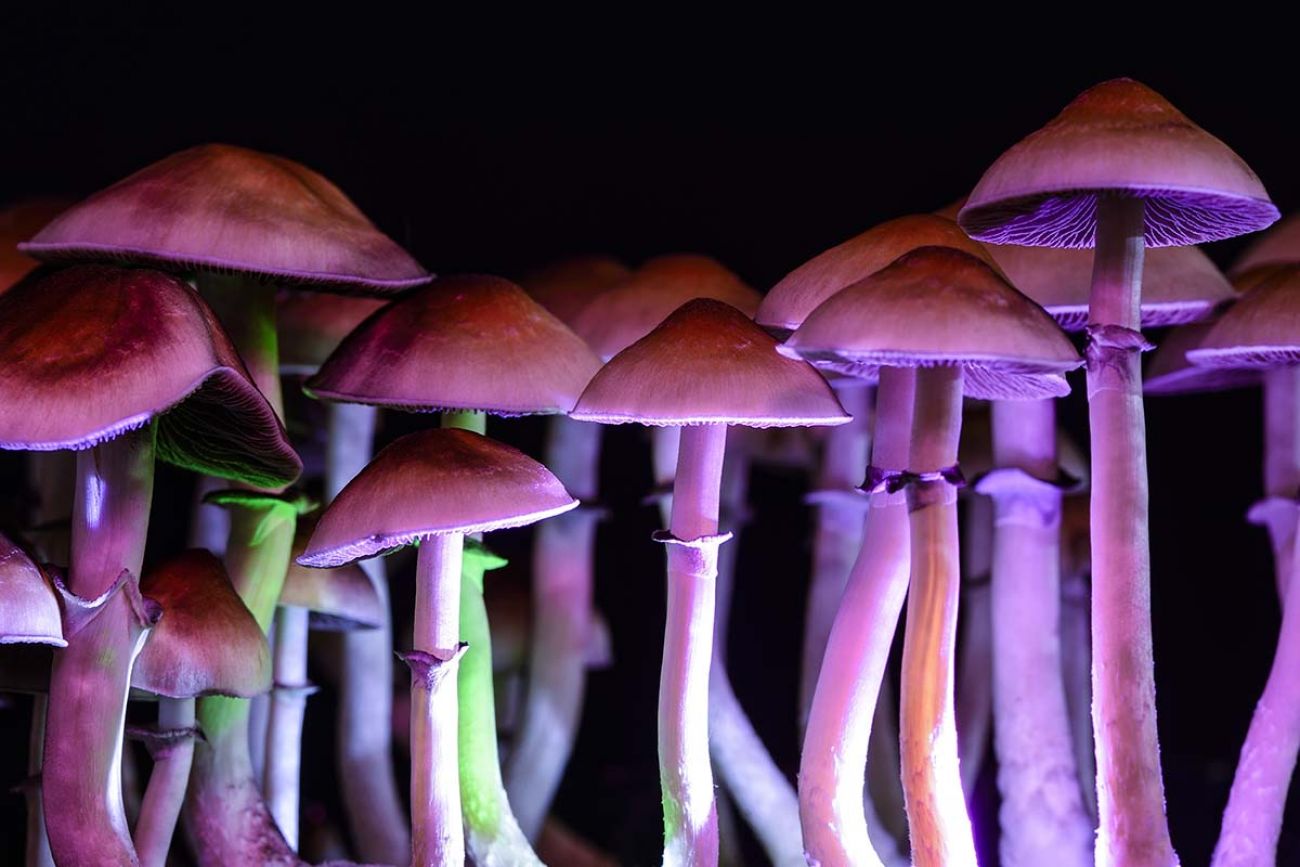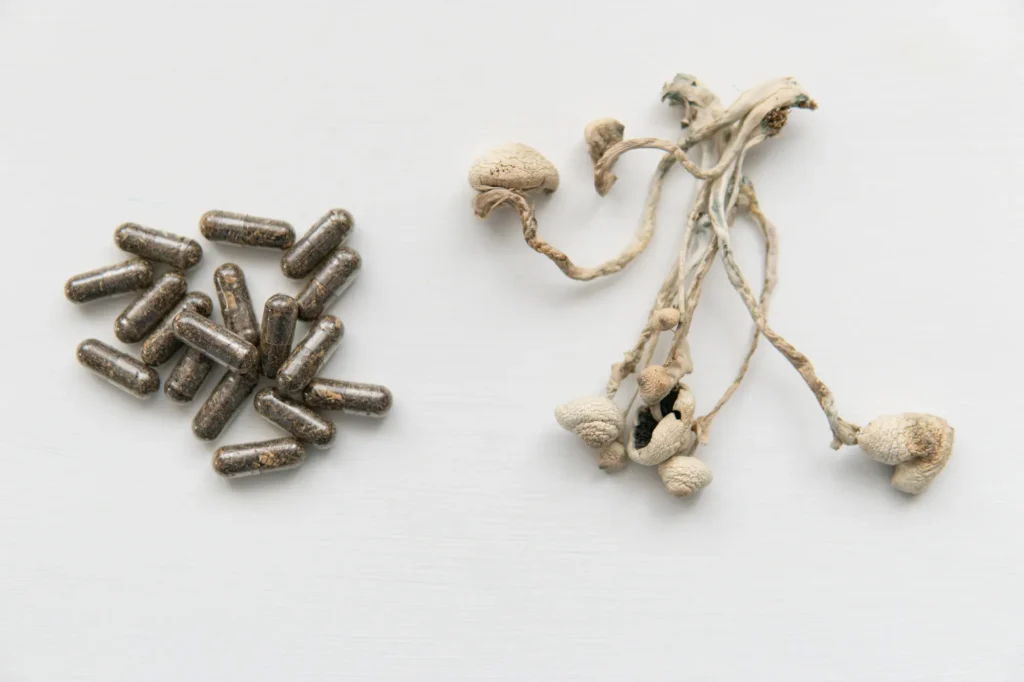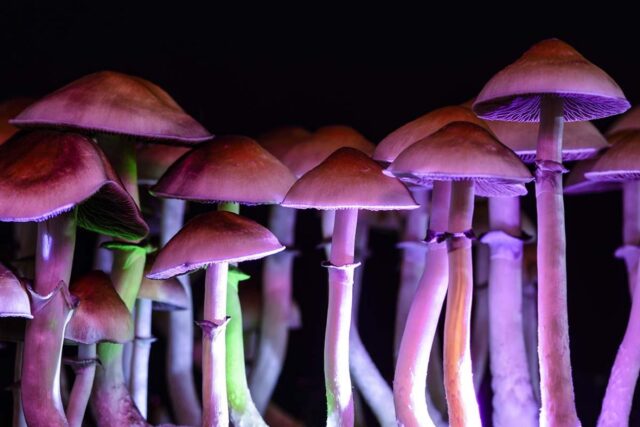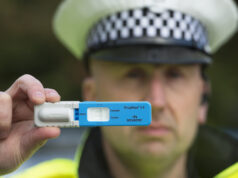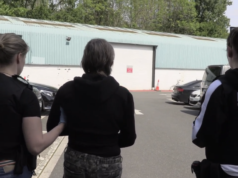Psychedelic mushrooms, also known as magic mushrooms or shrooms, have been used for centuries in various cultures for their spiritual and therapeutic properties. In recent years, microdosing, a practice that involves taking very small doses of psychedelic substances, including mushrooms, has gained popularity. Advocates claim that microdosing can have a range of health benefits, including the potential to alleviate symptoms of depression and improve overall well-being. In this article, we will delve into the concept of microdosing psychedelic mushrooms and explore its potential as a treatment for depression.
Microdosing involves consuming a sub-perceptual dose of a psychedelic substance, such as psilocybin, the active compound found in magic mushrooms. Unlike a full dose that produces intense hallucinogenic effects, microdosing aims to achieve subtle enhancements in cognition, mood, and creativity without inducing a psychedelic experience. Typically, a microdose of psilocybin ranges from 0.1 to 0.3 grams, which is approximately one-tenth to one-twentieth of a typical recreational dose.
While scientific research on microdosing is still in its early stages, anecdotal evidence suggests that it may have several potential health benefits. One of the most notable claims is its ability to alleviate symptoms of depression. Depression is a prevalent mental health disorder that affects millions of people worldwide, and conventional treatments, such as antidepressant medications, may not be effective for everyone. Some individuals who have experimented with microdosing report improvements in mood, reduced anxiety, and an overall sense of well-being.
It is important to note that the use of psychedelic substances for therapeutic purposes is not without risks and should be approached with caution. Currently, there is limited scientific evidence supporting the efficacy and safety of microdosing for depression. The effects can vary greatly between individuals, and there is a lack of standardized protocols for microdosing. Additionally, the legal status of psychedelic substances varies across countries, which further complicates their use.
Nevertheless, researchers and scientists are beginning to explore the potential therapeutic applications of psychedelic substances, including psilocybin. Clinical trials are underway to investigate the use of psilocybin-assisted therapy for various mental health conditions, including depression, anxiety, and post-traumatic stress disorder (PTSD). Preliminary results from these studies have shown promising outcomes, but further research is needed to establish the safety and effectiveness of these treatments.
Microdosing psychedelic mushrooms should not be considered a substitute for professional medical advice or treatment. It is crucial to consult with a qualified healthcare provider before considering any alternative treatments, especially when dealing with mental health conditions. They can provide guidance, evaluate potential risks, and help determine the most appropriate course of action based on an individual’s specific needs and circumstances.
In conclusion, microdosing psychedelic mushrooms is an emerging practice that holds potential for various health benefits, including the treatment of depression. While anecdotal evidence suggests positive outcomes, more scientific research is necessary to fully understand the effects, risks, and long-term implications of microdosing. It is essential to approach these substances with caution, adhere to legal regulations, and seek professional guidance. As the field of psychedelic research continues to evolve, we may gain a deeper understanding of their therapeutic potential and their role in mental health treatment.
